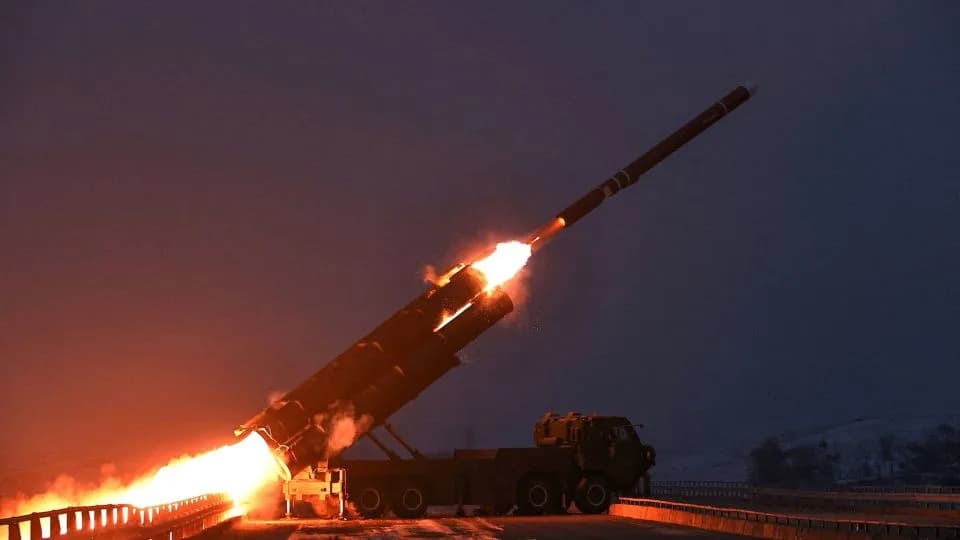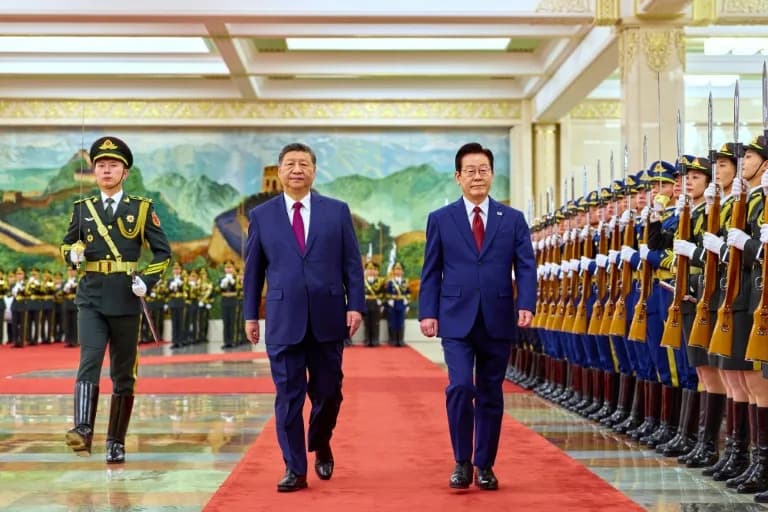The U.N. Third Committee adopted a resolution condemning systematic human rights abuses in the DPRK, with 61 co-sponsors including South Korea and the U.S. The text calls for the immediate closure of political prison camps and the unconditional release of political prisoners, and urges conditions that would allow international and humanitarian staff to return. North Korea rejected the measure, while China and Russia dissociated themselves. A U.N. Human Rights Office report in September found the situation has deteriorated, citing food shortages, forced labor and tight restrictions on movement and expression.
U.N. Panel Condemns North Korea’s Systematic Human Rights Abuses; Calls to Close Political Prisons

SEOUL, Nov. 20 — The U.N. Third Committee adopted a resolution condemning long-standing, systematic and widespread human rights violations in the Democratic People's Republic of Korea (DPRK), Seoul's Foreign Ministry said Thursday. The resolution drew 61 co-sponsors, including South Korea and the United States.
The text submitted earlier this month "condemns in the strongest terms the long-standing and ongoing systematic, widespread and gross violations of human rights in and by the Democratic People's Republic of Korea, including those that may amount to crimes against humanity." It urges Pyongyang to "respect, protect and fulfill all human rights and fundamental freedoms," to immediately close political prison camps and to release all political prisoners unconditionally.
The measure was approved by consensus at a plenary meeting of the Third Committee.
South Korea joined an initial group of 41 co-sponsors despite earlier speculation that President Lee Jae Myung's administration might refrain from backing the measure as part of efforts to improve ties with Pyongyang. Seoul's Foreign Ministry said the government would maintain a principled approach to human rights in the DPRK and noted that the resolution "urges the DPRK to establish an operating environment conducive to the return of international and humanitarian staff and encourages all Member States and U.N. entities to provide more support for the work of civil society organizations." The ministry added that "the ROK government will continue its close cooperation with the international community for the substantive enhancement of human rights of DPRK people." (ROK is the official acronym for South Korea.)
At the plenary, North Korea's U.N. ambassador Kim Song said Pyongyang "strongly condemns and totally rejects" the resolution, calling it "a document of political plots motivated by the impure intention of defaming the dignity of our republic and undermining its sovereign political system."
Representatives of China and Russia dissociated themselves from the consensus, with Beijing criticizing what it described as a "politicized approach to human rights issues."
A September report from the U.N. Human Rights Office concluded that conditions for human rights in North Korea "have not improved over the past decade and, in many instances, have degraded," citing worsening food shortages, widespread forced labor and strict limits on freedom of movement and expression. This week, North Korean leader Kim Jong Un publicly praised state security forces that operate the country’s political prison system; those forces have long been accused of brutal repression, torture and pervasive surveillance used to suppress dissent.
The United States, which did not initially co-sponsor the draft, later joined other sponsors including Australia, Britain, France, Germany and Japan. The resolution will be reviewed at the U.N. General Assembly plenary next month for consideration of final adoption.
Help us improve.


































